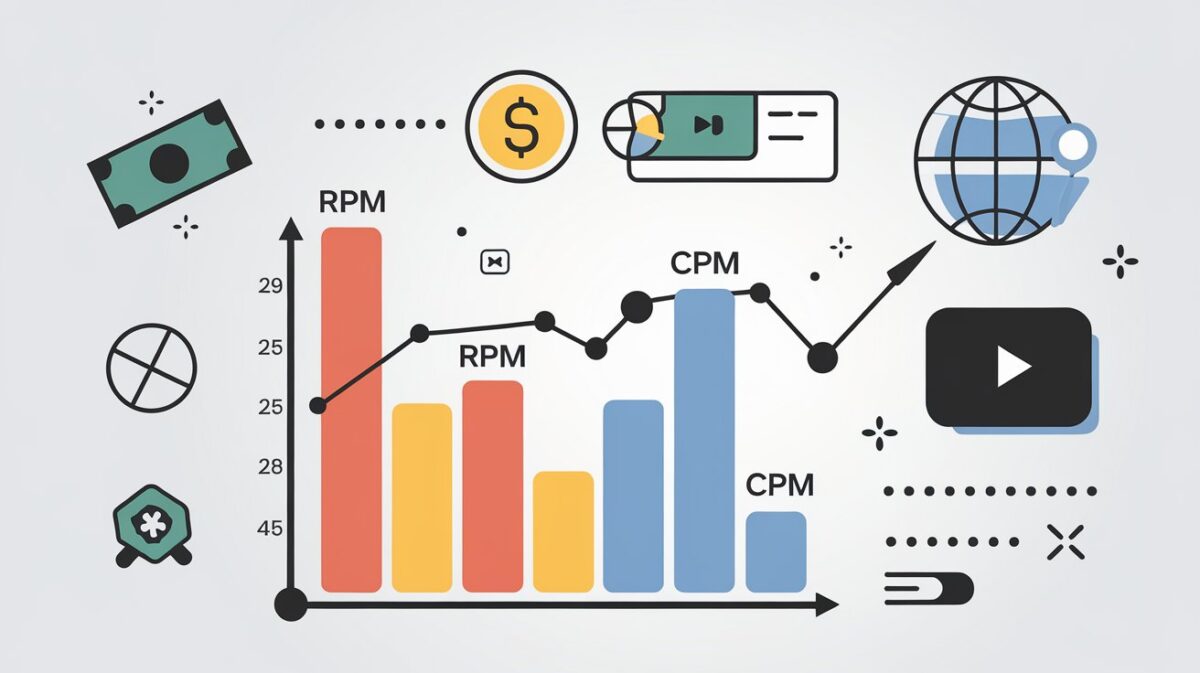From Concept to Completion: The Evolution of Production Line Systems

Introduction
The concept of production lines has revolutionised how we manufacture goods, profoundly impacting industries worldwide. This article explores the evolution of production line systems from their inception to their current state, highlighting key innovations and their impacts.
The Birth of the Production Line
The Early Days
The idea of a production line can be traced back to the early 19th century with the rise of the industrial revolution. Initially, manufacturing was a manual process, involving skilled artisans producing goods by hand. This method was time-consuming and lacked consistency.
The Ford Revolution
The real breakthrough came with Henry Ford in the early 20th century. Ford’s introduction of the moving assembly line in 1913 for the mass production of cars was a game-changer. It drastically reduced the time taken to produce a single vehicle, thereby increasing efficiency and reducing costs.
Technological Advancements in Production Lines
Automation and Robotics
The mid-20th century saw the introduction of automation and robotics in production lines. These innovations allowed for more precision and efficiency, reducing human error and increasing production speed.
The Digital Age
The advent of the digital age brought about a significant transformation in production line systems. The integration of computer technology enabled better control and monitoring of the production process, leading to increased efficiency and productivity.
Modern Production Line Systems
Lean Manufacturing
Today, the concept of lean manufacturing is central to production line systems. This approach focuses on minimising waste without sacrificing productivity. It involves continuous improvement practices and aims to deliver high-quality products with fewer resources.
Industry 4.0
The latest evolution in production lines is the emergence of Industry 4.0. This concept integrates advanced technologies like the Internet of Things (IoT), artificial intelligence (AI), and big data analytics to create smart factories. These technologies enable real-time data collection and analysis, leading to more efficient and flexible production processes.
The Future of Production Lines
Sustainable Manufacturing
Looking ahead, the focus on sustainability will likely shape the future of production lines. Manufacturers are increasingly seeking ways to reduce their environmental impact, leading to the development of greener and more sustainable production processes.
Personalisation and Customisation
Another future trend is the move towards personalisation and customisation in manufacturing. Advances in production line systems are making it feasible to produce customised products at scale, catering to individual customer preferences.
Conclusion
The evolution of production line systems is a testament to human ingenuity and innovation. From the rudimentary assembly lines of the early 20th century to the smart factories of today, production lines have continually evolved to meet the changing needs of industries. As we look to the future, these systems will undoubtedly continue to develop, driven by technological advancements and the ever-present need for efficiency and sustainability.










